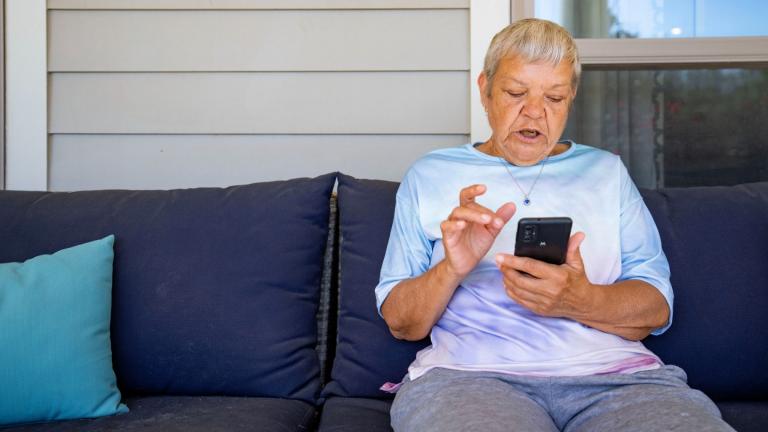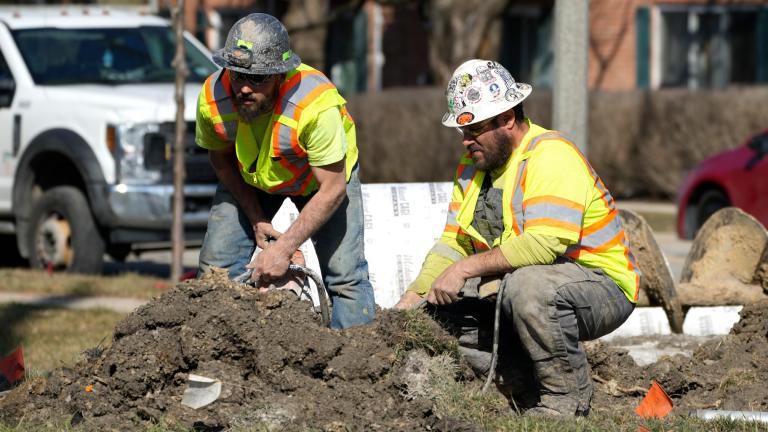The city is getting closer to a decision on allowing a scrap metal recycling plant to operate on the heavily industrial Southeast Side.
It’s prompted federal Environmental Protection Agency investigations and activism from local residents who say their neighborhood cannot withstand the pollution they believe the new Southside Recycling facility will bring.
“This neighborhood has already been overburdened by industry,” said Olga Bautista, executive director of the Southeast Environmental Task Force. “This a legacy of systemic racism that we’re seeing in the city of Chicago. And this is why we’re so opposed to it because our community has suffered enough.”
Mayor Lori Lightfoot delayed the final permit after EPA administrator Michael Regan said the proposal raises “significant civil rights concerns” in a letter to Lightfoot in May.
He urged Lightfoot to conduct an environmental justice assessment of the “aggregate potential health effects” of the facility before issuing the permit.
The Chicago Department of Public Health is currently working with the EPA on conducting that health impact assessment. They aim to complete it by early next year.
“We really are trying to make central the concerns of the community—those interests that are both concerns about environmental justice as well as interest in business and economic development said Megan Cunningham, managing deputy commissioner with the Chicago Department of Public Health.
Not all are satisfied with the health impact assessment engagement process.
The UIC School of Public Health Administration and Divisions among other groups signed on to a letter to Mayor Lightfoot, the Chicago Department of Public Health and other city officials, noting several critical scientific and technical deficiencies and limitations in the HIA work performed to date.
“It does not show the increases over time in these pollutants. It does not show soil results, it does not show monitoring closer to the site — local monitoring that has existed,” said Victoria Persky, professor of epidemiology and biostatistics at UIC. “I think in terms of the descriptions of the health, I think they’re biased towards having no difference between southeast Chicago and elsewhere. They only looked at one community as a comparison community, Lincoln Park.”
Jorge Perez, president of Lake Effect Community Development and a business consultant with Southside Recycling, said the facility could bring economic development to the area.
“If we want to rebuild, build back better, if we want to build our infrastructure, if we want to put people back to work and do it properly, it has to come from somewhere,” Perez said.
There will a public engagement meeting for the health impact assessment Thursday Dec. 9 from 5:30 p.m. to 7:30 p.m. over Zoom.








